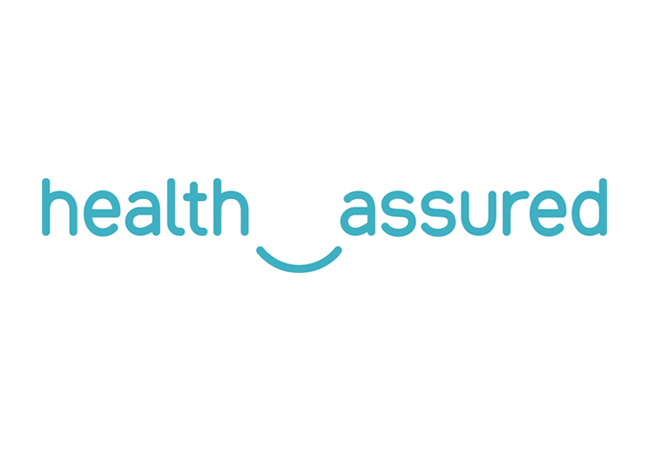Overseas-qualified dentists
Support and advice for overseas-qualified dentists working towards their GDC registration
Before you can work as a dentist in the UK, you will need to meet various requirements. As BDA members, overseas-qualified dentists can access information on General Dental Council (GDC) registration processes and resources that will be important for their future life as practising dentists in the UK.
From navigating employment options before and after registration, to understanding your rights and responsibilities as a professional, we’re here to support your journey.
Advice
Learning
As members, overseas-qualified dentists have access to a wide variety of learning to help you connect with and familiarise yourself to UK dentistry: Events and online courses, our internationally renowned flagship publication the BDJ, and Europe's largest dental library.
Exclusively for BDA members
Studying for the ORE or LDS?
Stories from the profession
Hear from other members who qualified overseas about their journey towards UK registration, as well as BDA representatives working to improve the system.
Free to all members
Confidential counselling and emotional support



